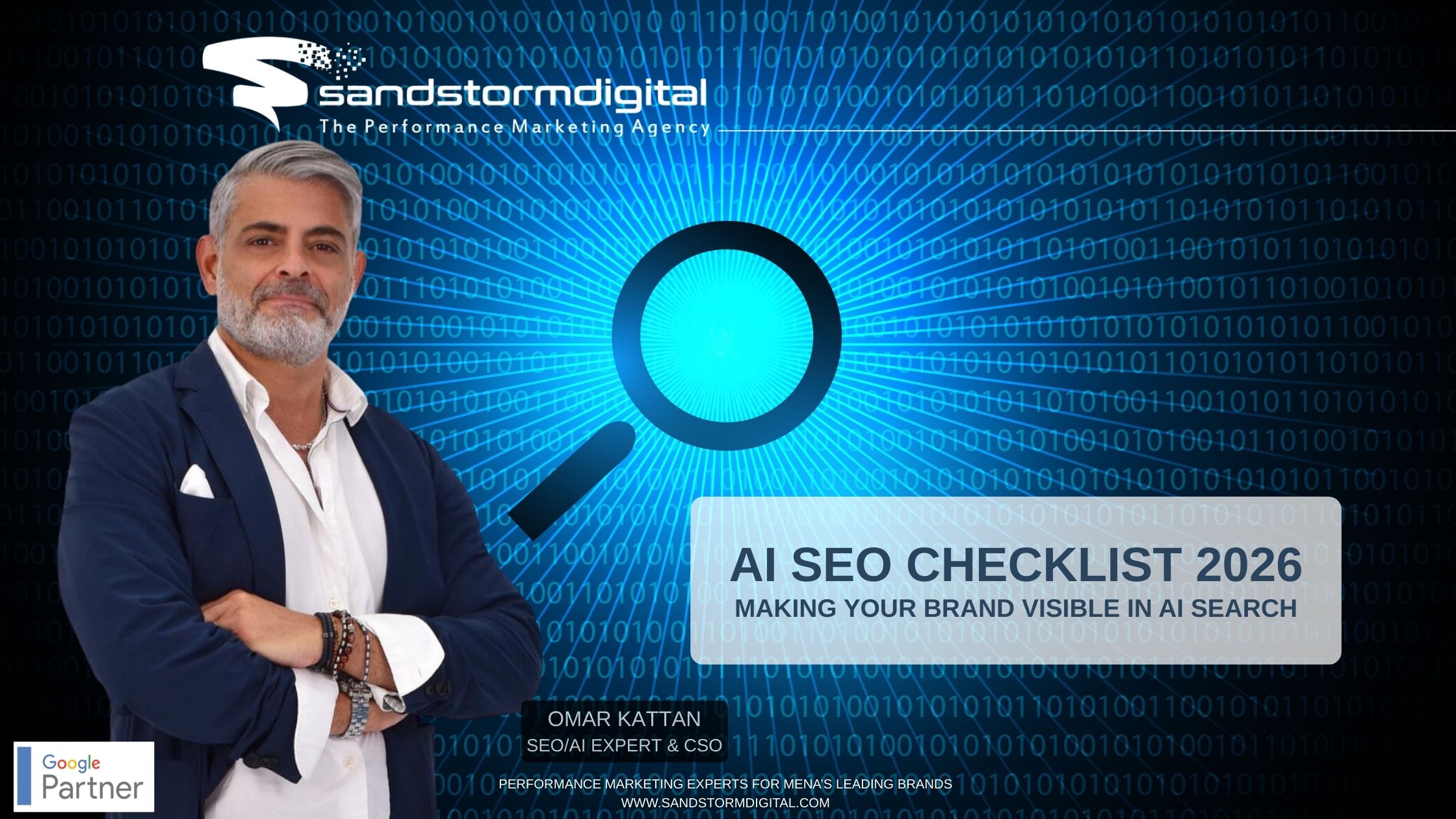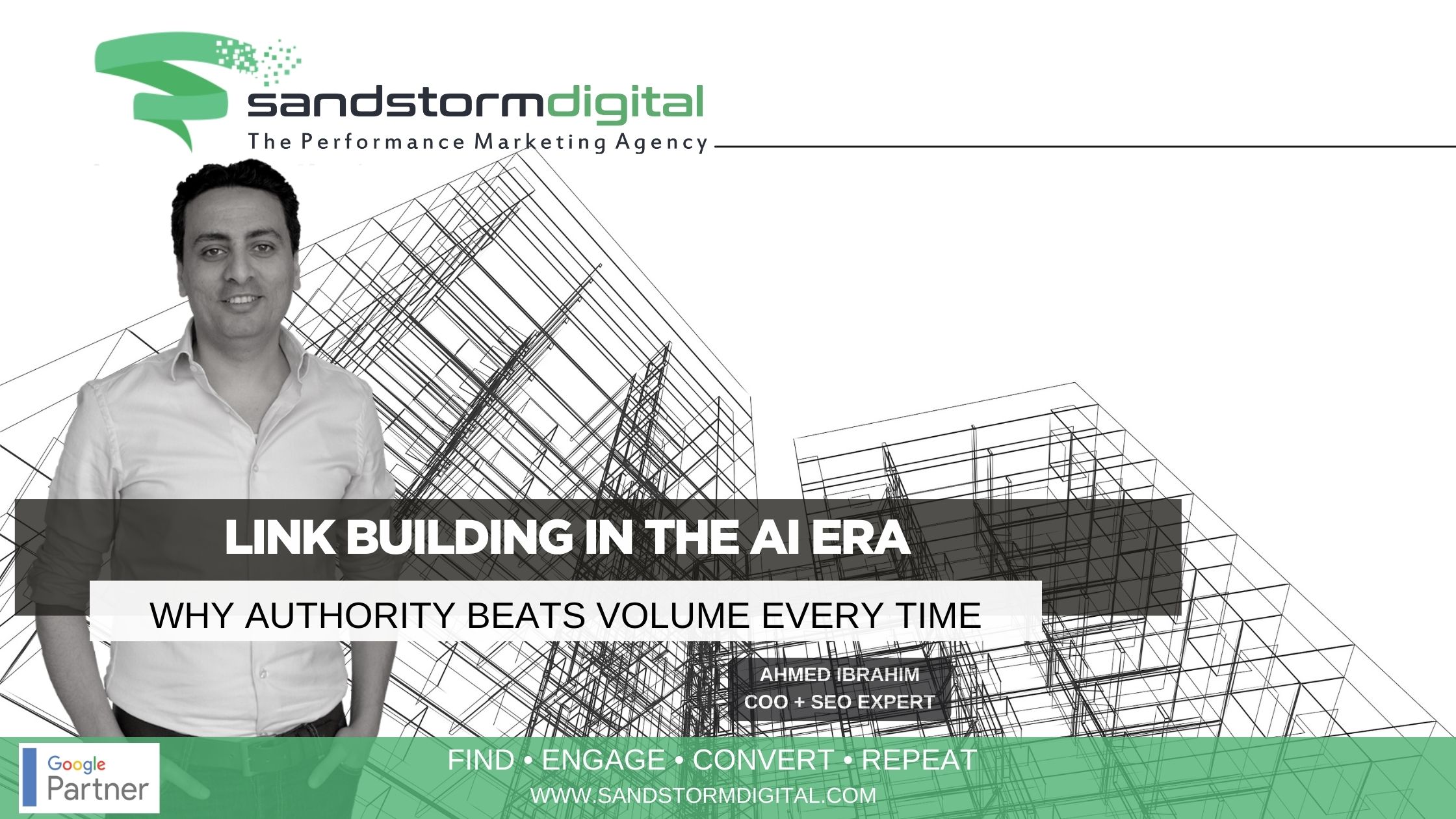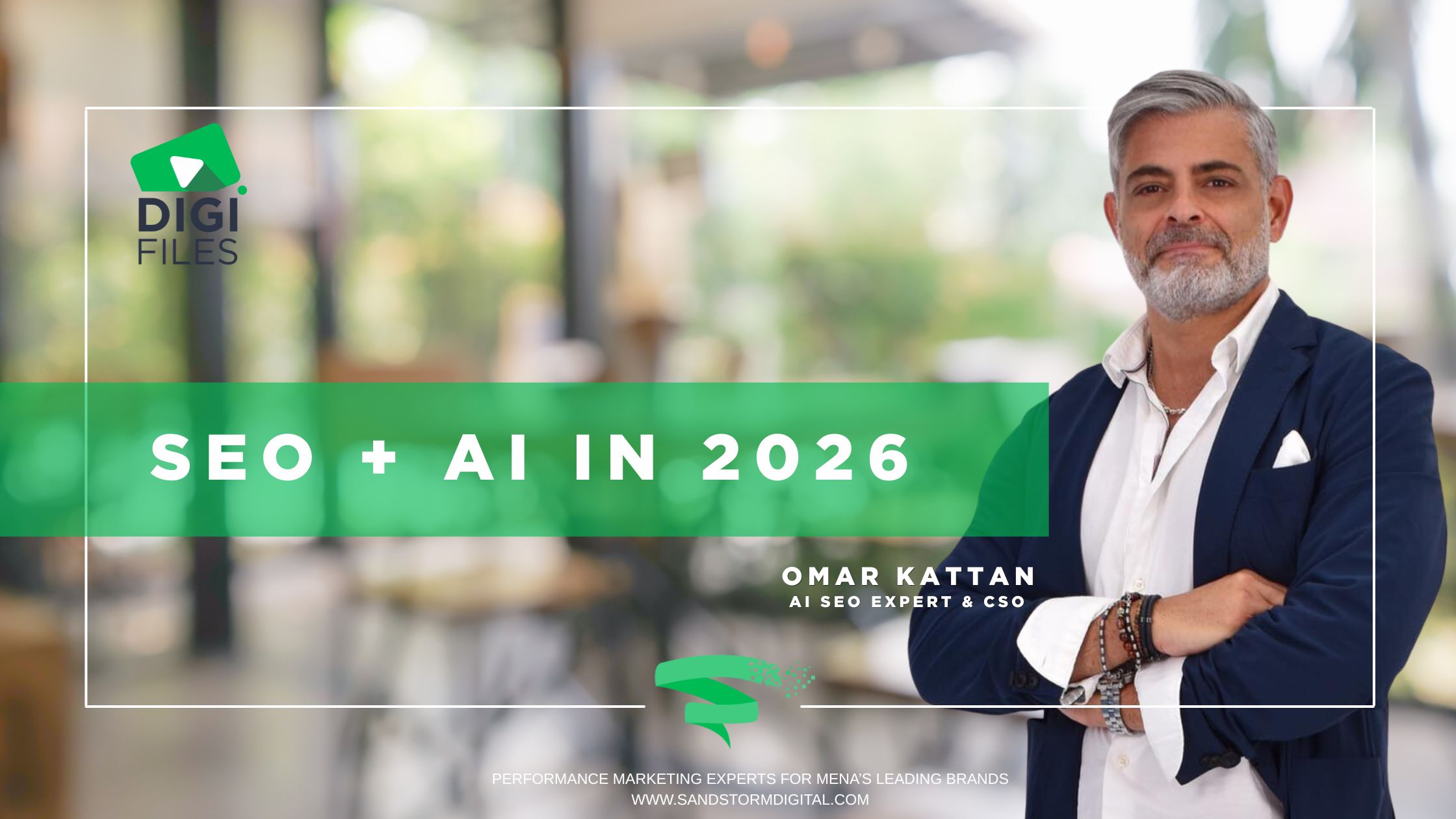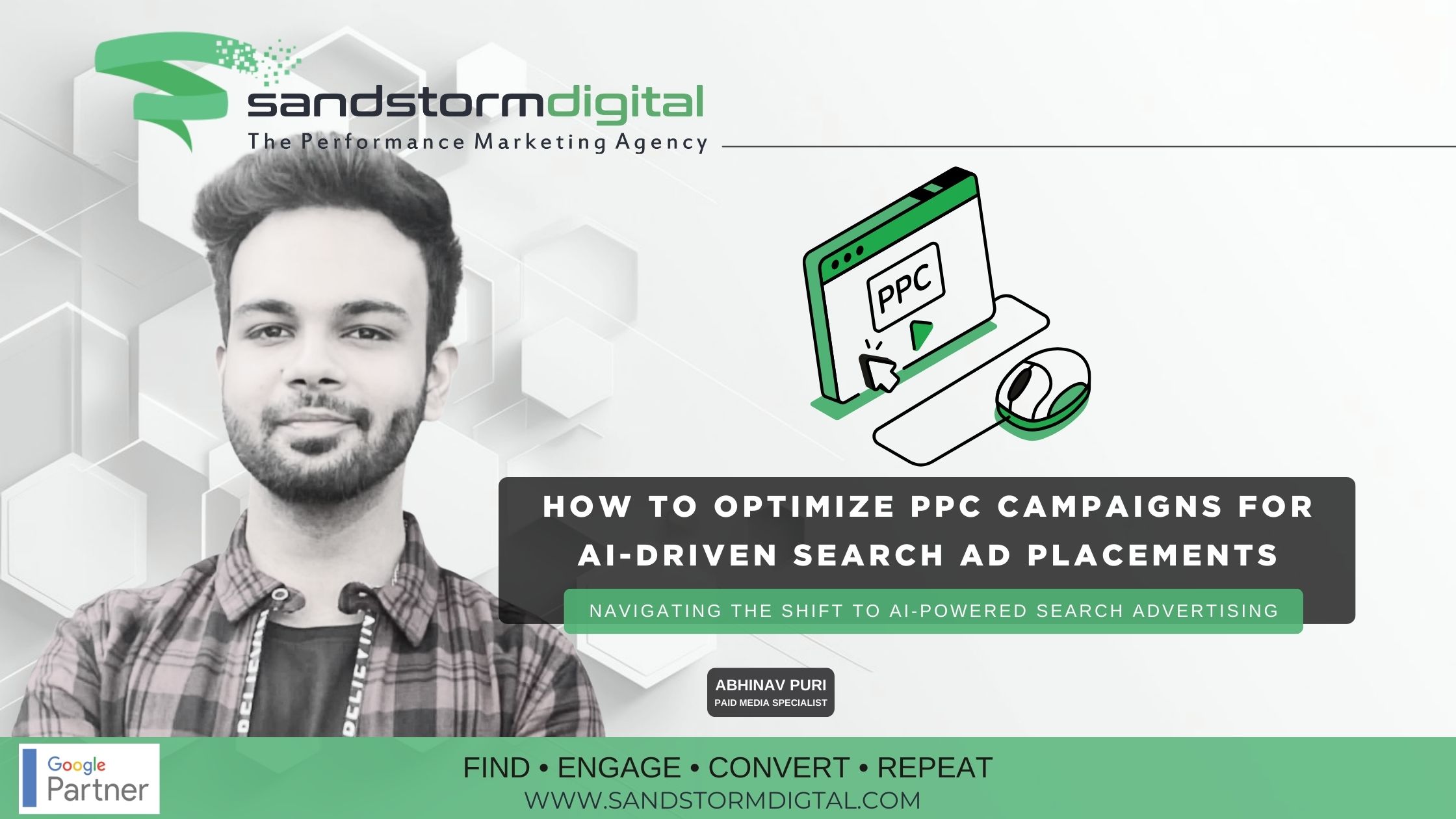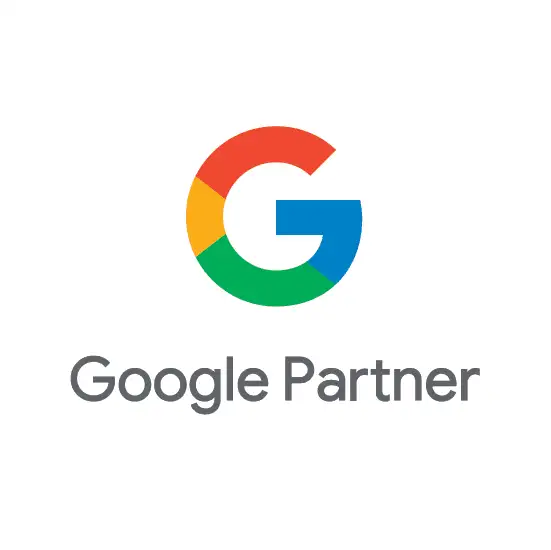As search engines evolve with AI-driven enhancements, SEO strategies must keep up with changing algorithms and user behaviors. However, many outdated SEO myths persist, leading businesses to waste time on ineffective tactics. In 2025, it’s time to rethink these common misconceptions and focus on what truly drives search success.
Myth #1: Keywords Are the Only Thing That Matters
While keywords are still important, search engines now prioritize context and user intent over exact-match keywords. AI-powered search experiences analyze semantics, entity relationships, and search behavior to deliver more relevant results. Instead of stuffing content with keywords, focus on natural language, topical authority, and user-friendly formatting to improve search rankings.
Myth #2: More Content Means Better Rankings
Quantity doesn’t equal quality. Publishing thin or repetitive content won’t help rankings—in fact, it could hurt them. Google’s helpful content updates and AI-driven ranking factors prioritize high-quality, informative, and engaging content that provides value. Focus on depth, originality, and audience engagement rather than churning out low-value articles.
Myth #3: SEO is a One-Time Effort
SEO isn’t something you set and forget. With AI-driven search continuously evolving, regular updates, content refreshes, and technical optimizations are necessary to maintain visibility. Brands that monitor algorithm changes, update outdated content, and refine strategies based on performance data will have a competitive edge.
Myth #4: Backlinks Are No Longer Important
While search engines have evolved, backlinks still matter—but quality outweighs quantity more than ever. AI-powered algorithms assess relevance, authority, and trustworthiness when evaluating backlinks. Instead of chasing spammy link-building tactics, focus on earning authoritative links through thought leadership, PR, and high-value content.
Myth #5: AI-Generated Content Ranks Higher Automatically
AI tools like ChatGPT and Google Gemini can assist with content creation, but relying solely on AI-generated content can backfire. Search engines favor originality, expertise, and human-driven insights. AI should be used as a tool to enhance human creativity, not replace it. Combining AI efficiency with human storytelling and expert input is the key to SEO success.
Myth #6: Click-Through Rate (CTR) Doesn’t Affect Rankings
While Google has stated that CTR isn’t a direct ranking factor, engagement metrics do influence search performance. AI-driven algorithms assess dwell time, user behavior, and content engagement to determine relevance. To improve CTR, focus on compelling meta descriptions, engaging headlines, and high-quality content that keeps users engaged.
Adapting SEO for 2025
SEO is more dynamic than ever, and businesses must adapt to AI-driven search, evolving ranking factors, and user behavior trends. By focusing on quality content, user experience, and strategic optimization, brands can stay ahead of search changes and drive sustainable growth. Don’t fall for outdated SEO myths—embrace the future of search with data-driven strategies.


